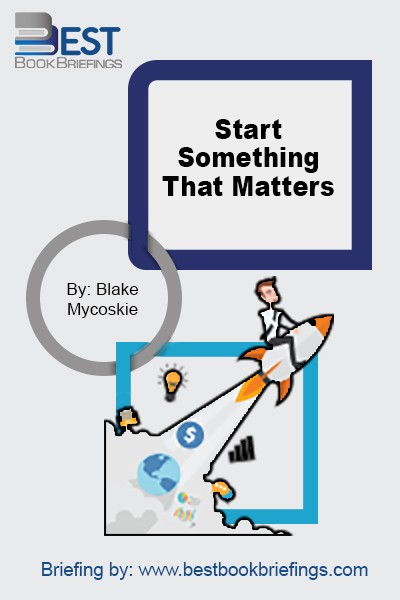Start Something That Matters
Editorial Review
Increasingly, the quest for success is not the same as the quest for status and money. The definition has broadened to include contributing something to the world and living and working on one’s own terms. In this book, you will find some of the counterintuitive principles that have helped TOMS grow from an interesting idea to a company that in five years has given more than a million pairs of shoes to children in need. Through six basic steps, we will show you how you, too, can create something that will make a difference, whether it’s a nonprofit organization, your own social enterprise, a new business you create on the side while still working in the mainstream, or perhaps even a new division of your current company. Find your story, face your fears, be resourceful without resources, embrace simplicity, build trust, incorporate giving in your business, and most importantly start something that matters, be it big or small.
Book Reviews
Books on Related Topics
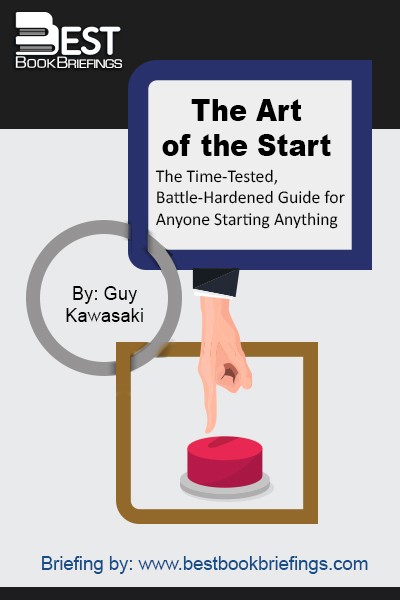
You have the idea of a lifetime and yet you do not know where and how to begin. It is a dilemma shared by entrepreneurs everywhere. So, what does it take to turn a great idea into action? The best reason to start an organization is to make meaning. Meaning is not
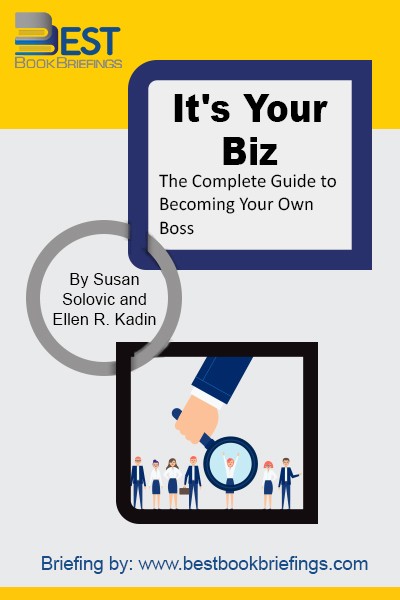
The recent economic recession has wrought millions of unemployed workers, an unprecedented number of home foreclosures, countless major retail brands boarded up for good, a rash of business and personal bankruptcies, and an unstable financial market. Even as the economy rebounds, there simply won’t be enough jobs available to absorb all
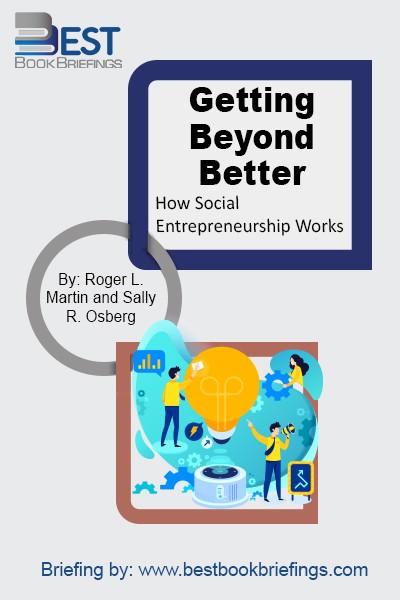
Getting Beyond Better sets forth a bold new framework, demonstrating how and why meaningful change actually happens in the world and providing concrete lessons and a practical model for businesses, policymakers, civil society organizations, and individuals who seek to transform our world for good. Roger L. Martin and Skoll Foundation President
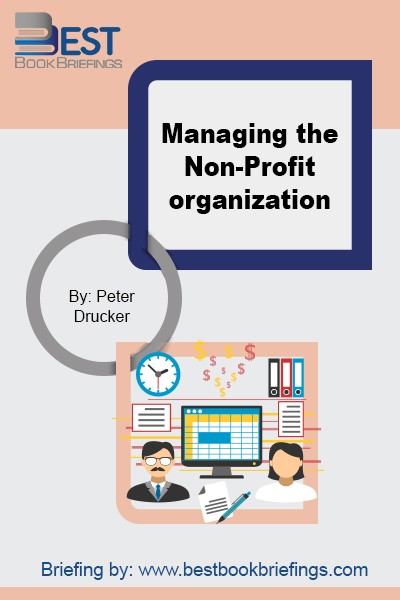
We know that the ability of government to perform social tasks is very limited indeed. But we also know that the non-profit discharge is a much bigger job than taking care of specific needs. We have come to realize that all non-profit institutions, whatever their specific concern, have something in common.
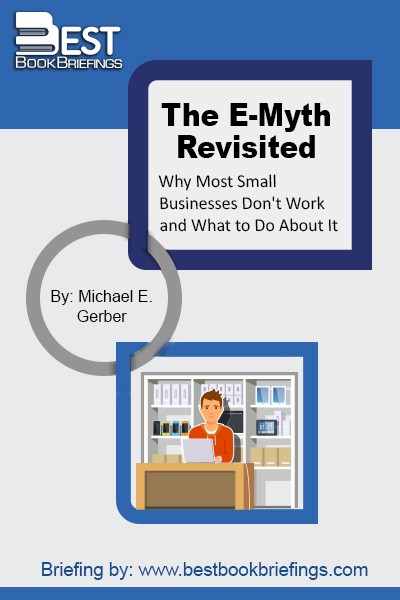
It was discovered that the people who own small businesses in the USA work far more than they should for the return they're getting. Many small businesses end up in chaos not because their owners don't work but because they are doing the wrong work. Why is this? Why do so many
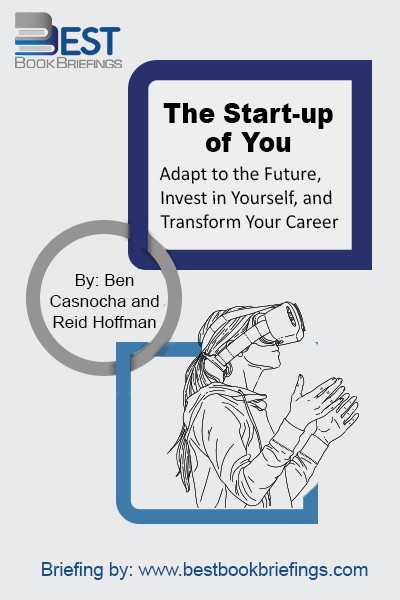
In the last quarter of the 20th century, startups thought they knew the correct path for the startup journey. They adopted a methodology for product development, launch, and life-cycle management almost identical to the processes taught in business schools for use in large companies. Yet at the end of the day,
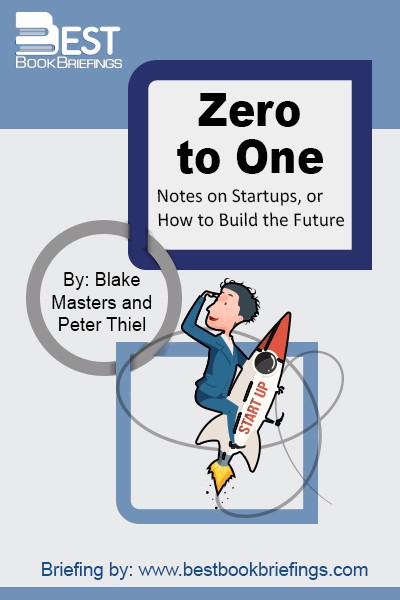
The great secret of our time is that there are still uncharted frontiers to explore and new inventions to create. In Zero to One , legendary entrepreneur and investor Peter Thiel shows how we can find singular ways to create those new things. Doing what someone else already knows how to do takes
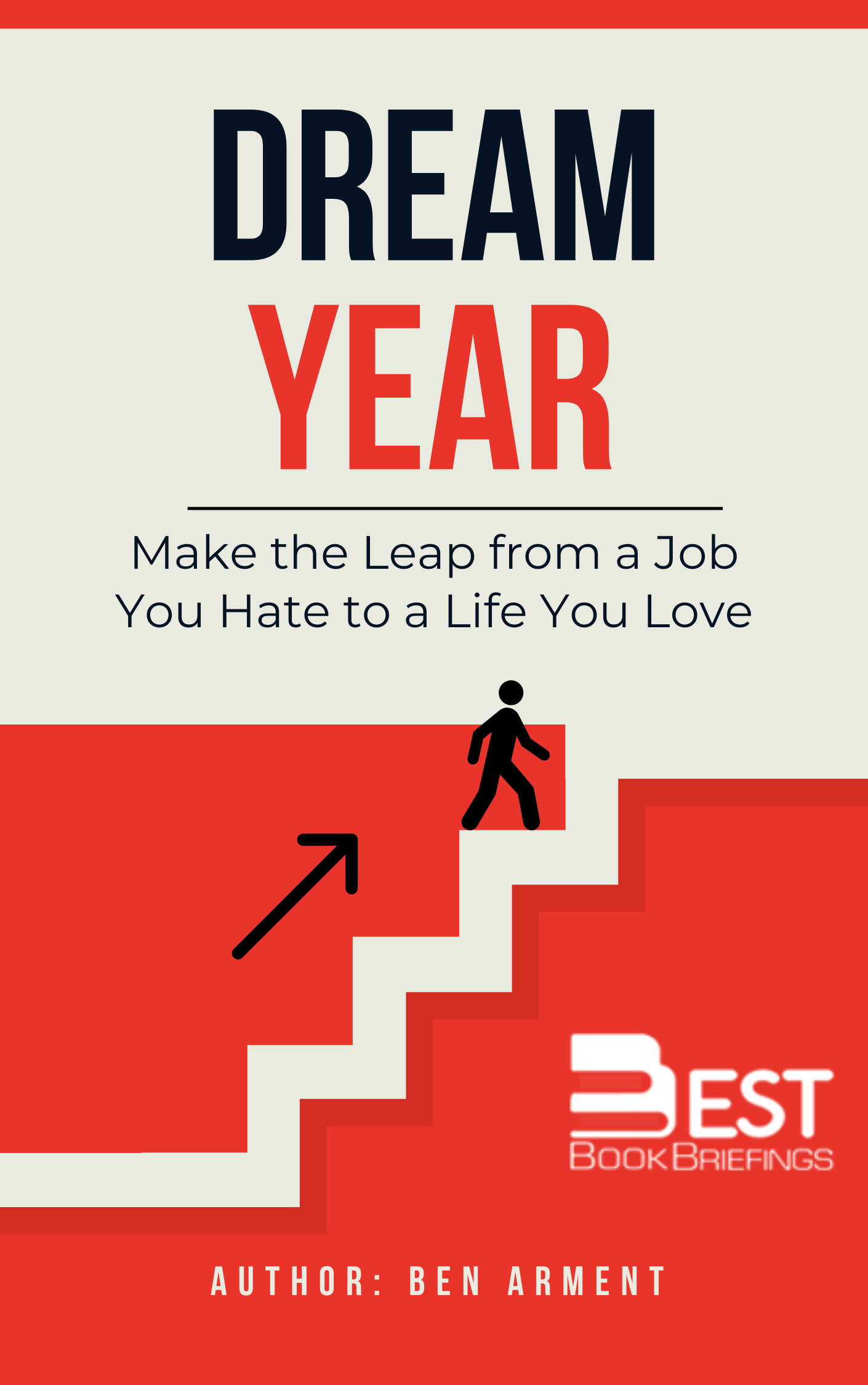
66 percent of Americans hate their jobs. Somewhere along the road to adulthood, they pushed their dreams to the side. They had to pay bills, and they feared taking the risks. If you’re one of those people, and you’re tired of being that person, this book is for you. It’s a
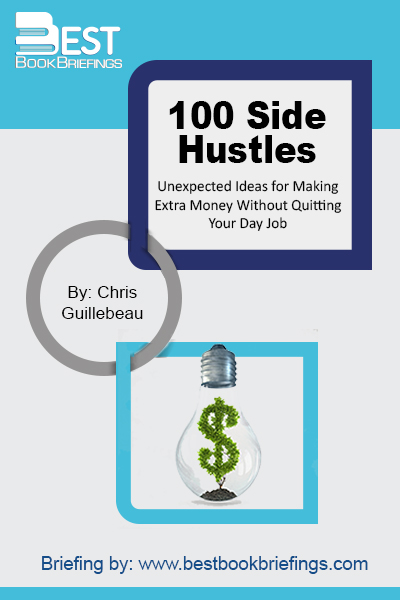
This unique guide features the startup stories of regular people launching side businesses that almost anyone can do: an urban tour guide, an artist inspired by maps, a travel site founder, an ice pop maker, a confetti photographer, a group of friends who sell hammocks to support local economies, and many
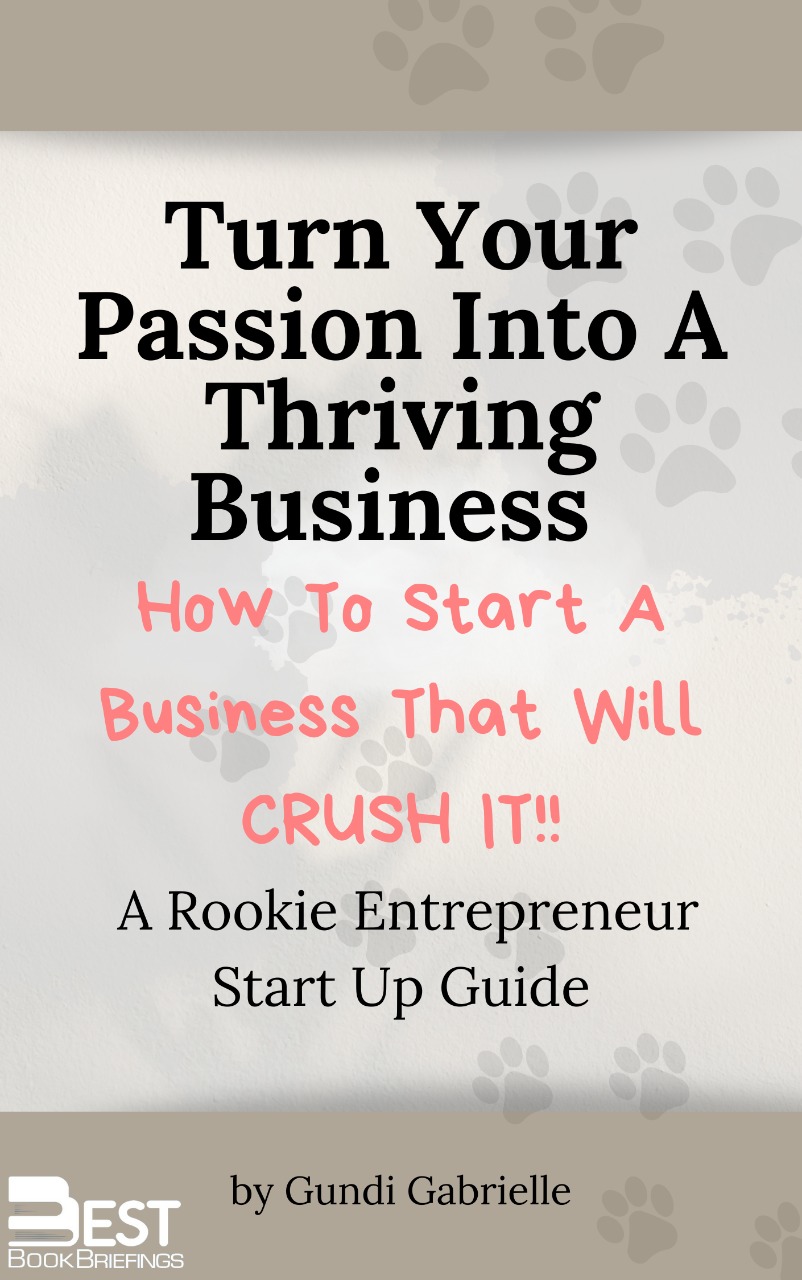
How can you turn a passion into a thriving business? By growing a following of people who are passionate about the same thing as you and providing them with regular expert content and help related to your passion. Once you do, you can easily monetize that following—through books, courses, coaching, consulting,

